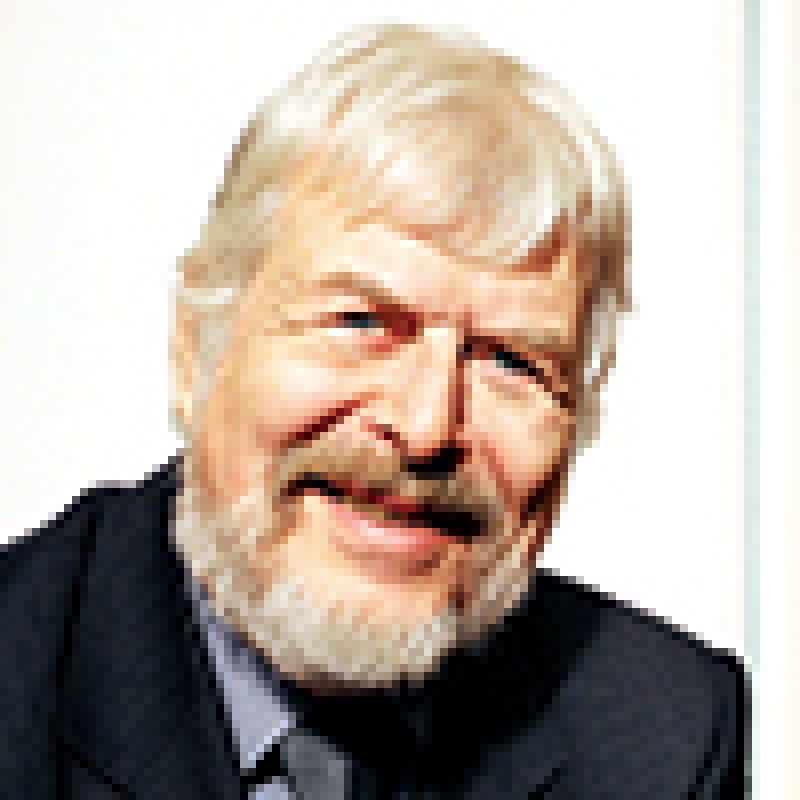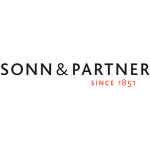An inventor invented a system for drainage of walls. He was managing director for several years of a group of firms (the ATG-Group), the business of which was the application of that system. The plaintiff is the Austrian firm of the ATG-Group.
The inventor worked for the plaintiff, where he trained, foremost, its commercial agents among them the defendant. The inventor also registered several word and device trademarks for the word ATG together with additional wording in a design. The ATG-Group was a licensee for these trademarks but when the inventor had a stroke they stopped paying the licence fee and consequently the licence was cancelled.
Shortly after that, the defendant founded his own company in Austria – a business for drainage of walls using the identical system as taught when he was one of ATG's commercial agents. The inventor had meanwhile transferred his trademarks to his wife who granted an exclusive licence for Austria to the defendant. In advertisements, the defendant used words like "the original ATG® in Austria", "the original ATG® method" or "the original ATG® 10-years-guarantee".
There were several other unfair competition topics in this case but here we are only concerned about the borderline between legitimate and illegitimate use of ® – the sign that indicates that what is marked is a registered trademark and therefore a protected right for its owner.
The question of whether the use of ® is legitimate or not is a question of whether that statement is misleading. To ascertain this, the following three questions must be answered:
How will this statement be understood by interested persons?
Does this understanding coincide with the facts?
Is its use liable to influence commercial decisions?
The Austrian Supreme Court examined the case according to its case law. In one case ® was attached to a descriptive word (ART-DECO) in a combined word and device trademark. Since the protection of a part of a combined mark presupposes its own distinguishing ability, here, the defendant misleads about the breadth of protection in suggesting ART-DECO articles can only be bought from him. In consequence thereof, ® used for a part of a combined mark is not misleading if this part is also protected on its own against unauthorised use as the Supreme Court ruled in a further decision. The question to be answered is whether, in the specific case, the indication of a legal protection could lead to the wrong idea of superior quality of the goods or services.
In the case described above, it is clear that the word mark itself is not registered as a trademark. The defendant uses ® to campaign against the plaintiff by stressing its "original ATG® method" although the plaintiff has used this method very much longer. That shows that here ® is used to indicate an exclusivity of its services which is untrue. The use of ATG® suggests that the defendant is the only authorised seller of that specific method. Such an idea of exclusivity can influence interested persons to consider the offer positively. Hence this sort of use of ® in the described way must be confirmed as misleading and therefore must be forbidden.

|
Helmut Sonn |
SONN & PARTNER Patentanwälte
Riemergasse 14
A-1010 Vienna, Austria
Tel: +43 1 512 84 05
Fax: +43 1 512 98 05











